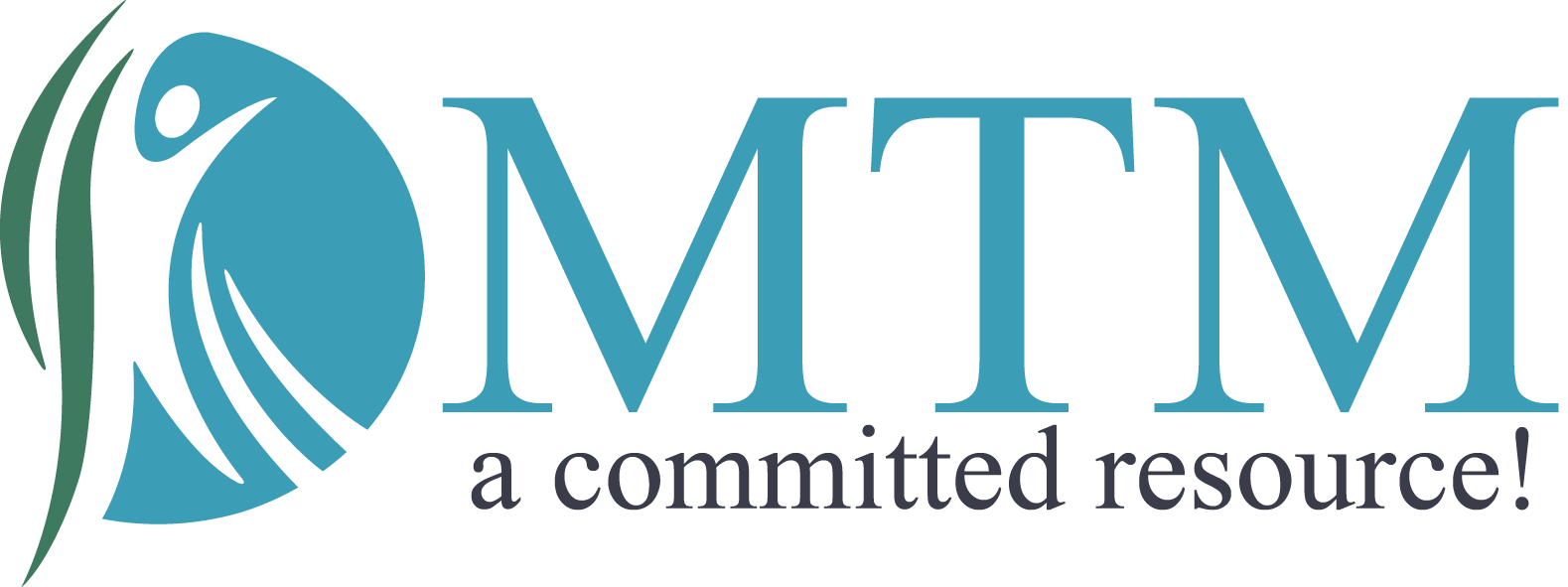Introduction to California Workers' Compensation | Comprehensive Guide
Understanding the Basics of Workers' Compensation in California | Series 1 - WU. 1
California's Workers' Compensation system is a state-mandated program designed to provide benefits to employees who suffer work-related injuries or illnesses. The system ensures that injured workers receive prompt medical treatment and financial compensation while protecting employers from costly litigation. This is the first blog in our comprehensive Workers' Compensation series, providing an in-depth look at every aspect of the system.
Overview and Purpose
The primary goal of the Workers' Compensation system is to support injured workers by providing medical care, temporary and permanent disability benefits, and vocational rehabilitation if necessary. The system also aims to promote workplace safety and prevent future injuries. By providing a no-fault insurance system, it allows employees to receive benefits without proving employer negligence, and it protects employers from direct lawsuits by employees.
Historical Context
Established in the early 20th century, California's Workers' Compensation system has evolved through various legislative reforms. The Workers' Compensation Act of 1913 laid the foundation for the current system, and subsequent amendments have expanded and refined the benefits and protections offered to workers. Major reforms in recent years, such as those introduced by Senate Bill 899 in 2004 and Senate Bill 863 in 2012, have aimed to improve efficiency, reduce costs, and increase benefits for injured workers.
Key Stakeholders
- Injured Workers: The primary beneficiaries of the system, entitled to medical care and financial benefits. Workers receive medical treatment and compensation for lost wages and, in cases of permanent disability, compensation for future loss of earnings.
- Employers: Required by law to carry workers' compensation insurance to cover their employees. This insurance protects employers from direct lawsuits by employees and ensures that injured workers receive the necessary benefits.
- Insurance Companies: Provide coverage and manage claims. They play a crucial role in the administration of benefits and the resolution of disputes.
- Medical Providers: Offer treatment and evaluations to injured workers. Their assessments are critical in determining the extent of injuries and the appropriate treatments.
- Legal Representatives: Assist parties in navigating disputes and claims processes. Attorneys can represent both workers and employers in disputes before the Workers' Compensation Appeals Board (WCAB).
Legal Framework
The system is governed by the California Labor Code and regulations set forth by the Division of Workers' Compensation (DWC). The DWC oversees the administration of workers' compensation laws, ensuring that injured workers receive prompt and fair compensation. The Workers' Compensation Appeals Board (WCAB) handles disputes and ensures compliance with the law. The WCAB provides a judicial forum where disputes over workers' compensation claims can be resolved through hearings and appeals.
Recent Developments
In recent years, there have been significant changes to the system aimed at improving efficiency and fairness. For instance, the implementation of a new medical treatment utilization schedule and independent medical review process has streamlined medical treatment approvals and disputes. Additionally, reforms have sought to curb fraud and abuse within the system, ensuring that resources are directed to truly injured workers.
Medrina Technology Management is a leading provider of top-tier billing services for workers' compensation treating providers. Our team specializes in navigating the complex billing requirements of the Workers' Compensation system, ensuring that medical providers are compensated promptly and accurately. We handle all aspects of the billing process, from initial claim submission to appeals and dispute resolution, allowing healthcare providers to focus on delivering quality care to their patients.
Stay updated with the latest insights and news in medical billing services and workers' compensation billing and collections. Enter your email below to subscribe to our blog
Most Recent Articles




